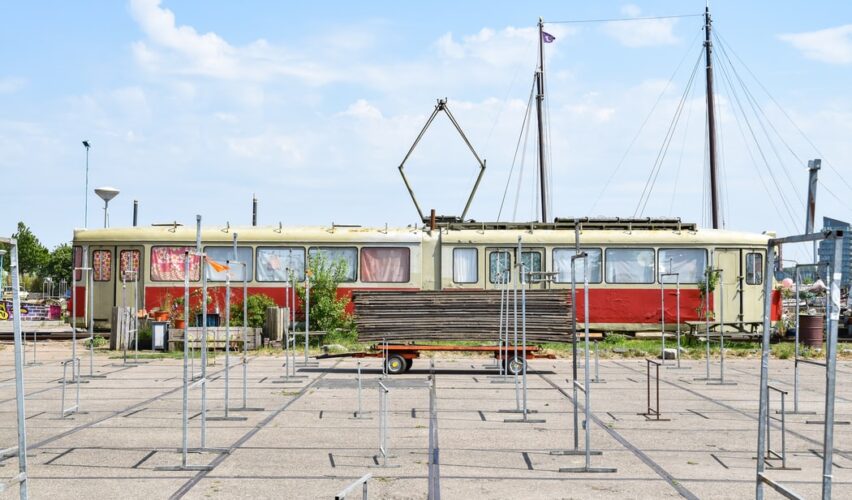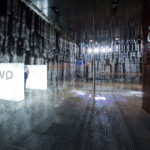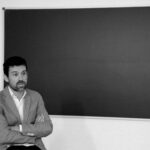We were pleased to participate in the last Critical Communications World event, held in Amsterdam on June 2nd, 2016 and to answer CCW Event Director Emma Banymandhub’s questions. Here is the full interview
For the third instalment of our Critical Communications World “A Day in the Life of” series, CCW Event Director Emma Banymandhub spoke to urban innovation storyteller and Smart City Program Manager for Zaragoza City Hall, Daniel Sarasa.
Daniel Sarasa will be presenting at Critical Communications World 2016’s free-to-attend Future Technologies zone from 1655-1715 on June 1 on the subject “Turning urban telecom infrastructures into citizen-centric platforms”.
EB: Daniel, please tell us about a typical day for you as Smart City Program Manager.
DS: No day is “typical” and that is probably one of the most exciting things about my job.
If you want to know what I’ve done today, I’ve started with a meeting with a team of urban activists and designers called “Guerrilla Beat” to develop a plan to launch and innovative cafeteria at our “Etopia Center for Arts & Technology”. The project is an outcome of a collaborative design from the Open Urban Lab.
Right after that, I met with a team of entrepreneurs on zero energy technologies. They are developing educational material on low carbon behaviour for kids. I like the fact that we could fund the idea through our program “CrowdfundingZGZ”, a sort of lean-startup governance method that we developed at the Open Urban Lab. After the meeting it was “invoice time”: signing and writing memos for validating invoices.
I then went on to meet with a journalist that is leading our “Paseo Project” program, looking at ways to experience the city through digital creations. They feed artists with urban materials: open data, noise, images, and create exceptional artworks. We were discussing places and strategies to place those artworks on the public space. We want citizens to test and use the smart prototypes that we produce.
My day ended with a telco on “Smart city KPIs” under the Citykeys project, a H2020 Project we are developing with Vienna, Tampere, Rotterdam and Zagreb.
EB: When it comes to smart cities and critical communications, what are you most passionate about?
DS: I particularly feel that critical communications is an opportunity to create platforms upon which we can develop new, and sometimes unexpected, services. Connecting those platforms to the innovative talent of our communities is something that drives my passion for sure.
EB: What would you say is a daily challenge in your role?
DS: I am really concerned with the sustainability of projects, and that links with my former statement on being passionate about the “platform approach”. I think that opening infrastructures to host external services is crucial for its sustainability. I am thrilled by the quest of sustainable business models.
EB: If you could choose one stand out, exciting development in your project, what would that be?
DS: I am really proud of having co-authored the city’s digital strategy, and of having contributed to the implementation of some of its pillars, such as the city wifi and WiMax networks, amongst others.
EB: If you could change one thing with your project immediately what would it be?
DS: I wish we had more time and resources to “sell” it, in the terms of being able to explore potential (and probably unexpected) use cases and target users. Having said that, we would never say no to some “extra” funding!
Original Interview can be found here











